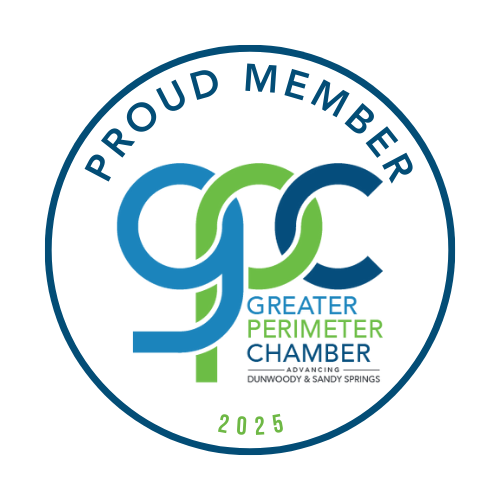Depression and addiction can be complex and may feel difficult to manage – especially when a person is dealing with both mental health conditions. Thankfully there is help available for both depression and addiction. Whether you or a loved one struggle with these disorders, understanding the symptoms, treatment options and risk factors of each condition in addition to how the two are connected can help.
Depression Explained
Depression is defined as a mental health condition that causes severe symptoms including lack of interest or depressed mood that affect how a person feels, thinks and handles daily activities that persist for at least two weeks. It can be brought on by a series of difficult circumstances or events but it can also come about without any known explanation and is fairly common. Depression is one of the most prevalent mental health disorders in the United States, with an estimated 17.3 million American adults having experienced at least one major depressive episode in the year prior, according to a 2017 poll.
People struggling with depression may exhibit different signs, and some of the symptoms are connected with other mental health conditions, which is why it is important to talk to a medical or mental health professional to rule out any other problems. The most common signs and symptoms of depression include:
- Insomnia
- Withdrawal
- Poor concentration
- Suicidal thoughts
- Loss of appetite
- Irritability
- Feelings of worthlessness
- Difficulty carrying out daily tasks, such as eating and having good hygiene.
Treatment options for people with depression depend on the severity of the depression and may include therapy and/or medication.
Addiction Explained
Addiction is another treatable mental health condition that involves complex interactions among brain circuits, the environment and genetics in addition to a person’s life experiences. People who battle addiction exhibit excessive use of substances or engagement in behaviors despite any adverse events or consequences. Many things in life can lead a person to fall into addiction, such as trauma that people develop unhealthy coping mechanisms to overcome from. According to the National Survey on Drug Use and Health, 19.7 million American adults battled some form of substance use disorder in 2017.
Like depression, symptoms of addiction can mimic other disorders. Addiction symptoms tend to show up quickly when a person becomes addicted to a particular substance or stimuli. The most common signs and symptoms of addiction include:
- Loss of control
- Obsessive thoughts and actions
- Denial of addiction or substance use
- Poor coordination
- Insomnia
- Unusual body odors
- Slurred speech
- Bloodshot eyes and/or unusually large or small pupils
- Lying
- Secretiveness
- Stealing
- Agitation
- Nausea and vomiting
- Delusions
- Hallucinations
- Changes in social behavior and/or groups
- Lack of financial responsibility
- Looking unkempt
Treatment options to help people with addiction vary according to each person, but the most common treatment options for addiction include counseling, medication and/or behavioral therapy. Addiction can be difficult to break, sometimes taking people years or decades to get through it. The temptation for relapse is also high early on in the treatment process, which is why it is important to have help from a professional through the addiction recovery process.
The Connection Between Depression and Addiction
According to the 2017 National Survey on Drug Use and Health, 8.5 million U.S. adults had some form of dual diagnoses, which refers to having a mental illness, such as depression and a substance use disorder at the same time.
Both depression and addiction can affect one another. For example, some people with depression may turn to substance use (which may then turn to addiction) to ease their painful thoughts or to get relief from their symptoms. On the other hand, substance use can exacerbate mental health disorder symptoms – or even cause them to develop in certain cases. The two conditions often feed into each other, leading to increasingly severe forms of each illness.
Furthermore, depression can actually weaken a person’s body and immune system, making them more vulnerable to illnesses. When alcohol or drugs are the substance of choice the chances of a person’s physical and emotional health deteriorating can increase greatly. Getting treatment for depression and addiction can help improve quality of life while preventing consequences that can be detrimental – especially in those with severe depression.
Treatment for addiction and depression is very complex. Many rehab programs are not equipped to deliver optimal results for those suffering from depression and addiction. It is important to find an integrated behavioral health system that offers specialized treatment for co-occurring disorders. The treatment professionals at Atlanta Recovery Place are equipped to help patients struggling with depression and addiction. Reach out today to find out about our services and how we can help you or your loved one get on the path to true healing.









